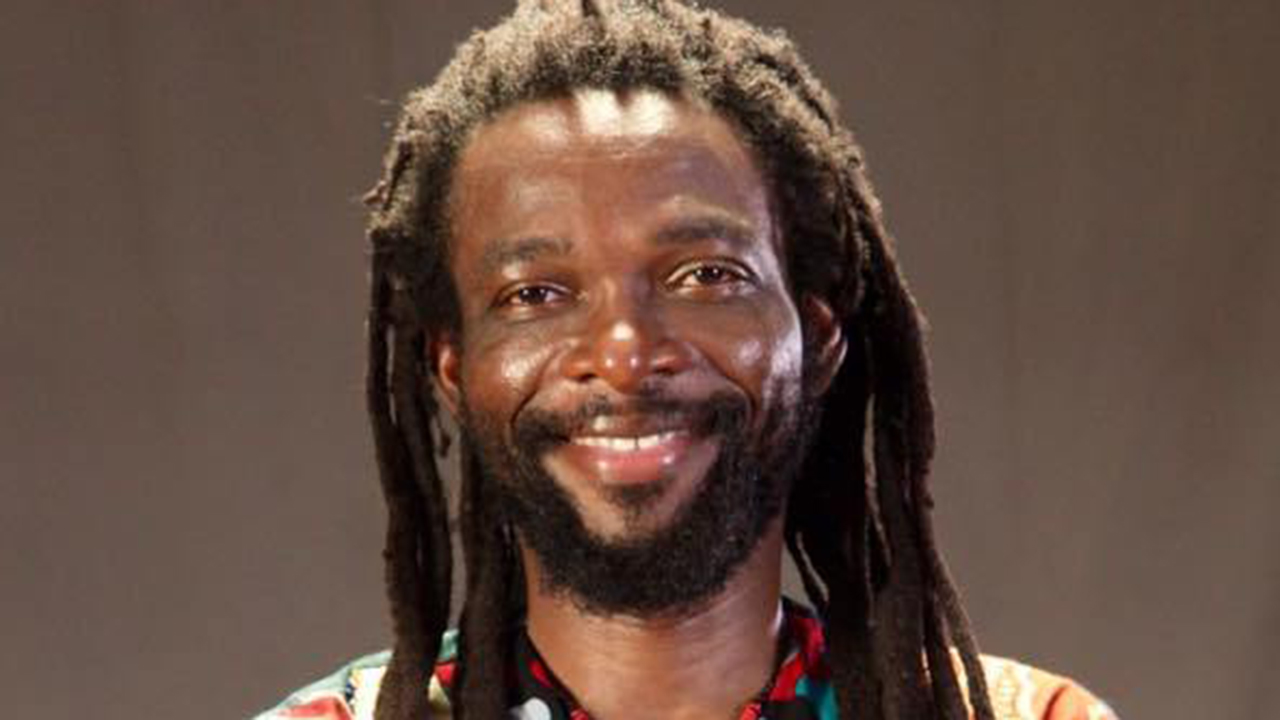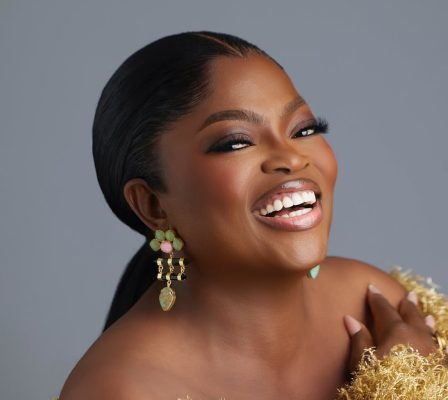In the spirit of Nigeria celebrating 65 years of independence, one thing that clearly stands out is the evolution across different industries.
The country has continued to evolve, innovate and shine. From music to sports, film to fashion, and even technology, Nigeria’s story is one of growth and resilience.
Let’s take a nostalgic journey through the decades to trace how far we’ve come.
1. Music: From Highlife to taking Afrobeats, to the global stage
• 1960s–70s: Highlife ruled the airwaves with legends like Rex Lawson and Victor Olaiya, before Afrobeat, pioneered by Fela Kuti, became Nigeria’s revolutionary sound.
• 1980s–90s: Juju and Fuji thrived with King Sunny Ade and Dr Sikiru Ayinde Barrister, popularly known as Barrister rocking the scene.
• 2000s–2020s: Afrobeats exploded, with 2Baba, Wizkid, Burna Boy, Davido, Tems, and Rema turning Nigerian music into a global phenomenon.
2. Film: From stage plays to Nollywood on global Stage
• 1960s–80s: Storytelling was mostly through stage plays and early television dramas like The Village Headmaster.
• 1990s: The home video boom birthed Nollywood, with films like Living in Bondage and Taxi Driver keeping people glued to their screens.
• 2000s–2020s: Nollywood grew into the world’s second-largest film industry, with Netflix and Amazon Prime showcasing Nigerian films globally.
3. Sports: From local heroes to world champions
• 1960s–70s: Nigeria won its first Olympic medal (boxing) in 1960 and hosted the 2nd All-Africa Games in 1973.
• 1980s–90s: Nigeria lifted its first AFCON trophy in 1980 and stunned the world with Olympic gold in football at Atlanta ’96.
• 2000s–2020s: From the Super Eagles’ FIFA ranking success to Tobi Amusan breaking world records, Nigerian athletes continue to shine globally.
4. Fashion: From Ankara Staples to Global Runways
• 1960s–80s: Traditional fabrics like aso-oke and lace used to be the pride of ceremonies and cultural events.
• 1990s–2000s: Nigerian designers began experimenting with contemporary styles, merging tradition with modernity.
• 2010s–2020s: Designers like Lisa Folawiyo and Kenneth Ize are showcasing Nigerian fashion in Paris, New York, and Milan, cementing our place in global fashion.
5. Literature: Telling the Nigerian story
• 1960s–80s: Chinua Achebe’s Things Fall Apart became one of the most important books in African literature, followed by Wole Soyinka’s Nobel Prize in 1986.
• 1990s–2000s: Writers like Ben Okri and Chimamanda Ngozi Adichie carried the torch with works that gained worldwide recognition.
• 2010s–2020s: A new generation, including authors like Ayobami Adebayo and Tomi Adeyemi, continue to put Nigerian literature on the global stage.
6. Technology: From Analogue to Digital Innovation
• 1960s–90s: Communication was dominated by analogue systems and limited access to telephones.
• 2000s: The GSM boom transformed connectivity, while internet penetration began to grow.
• 2010s–2020s: Nigeria emerged as Africa’s tech hub, with startups like Paystack, Flutterwave, and Andela attracting global investors and reshaping Africa’s digital future.
At 65, Nigeria’s journey is still unfolding, but one thing remains certain; across industries, the spirit of innovation and resilience continues to shine. The decades behind us tell a story of growth, and the years ahead promise even greater chapters.








